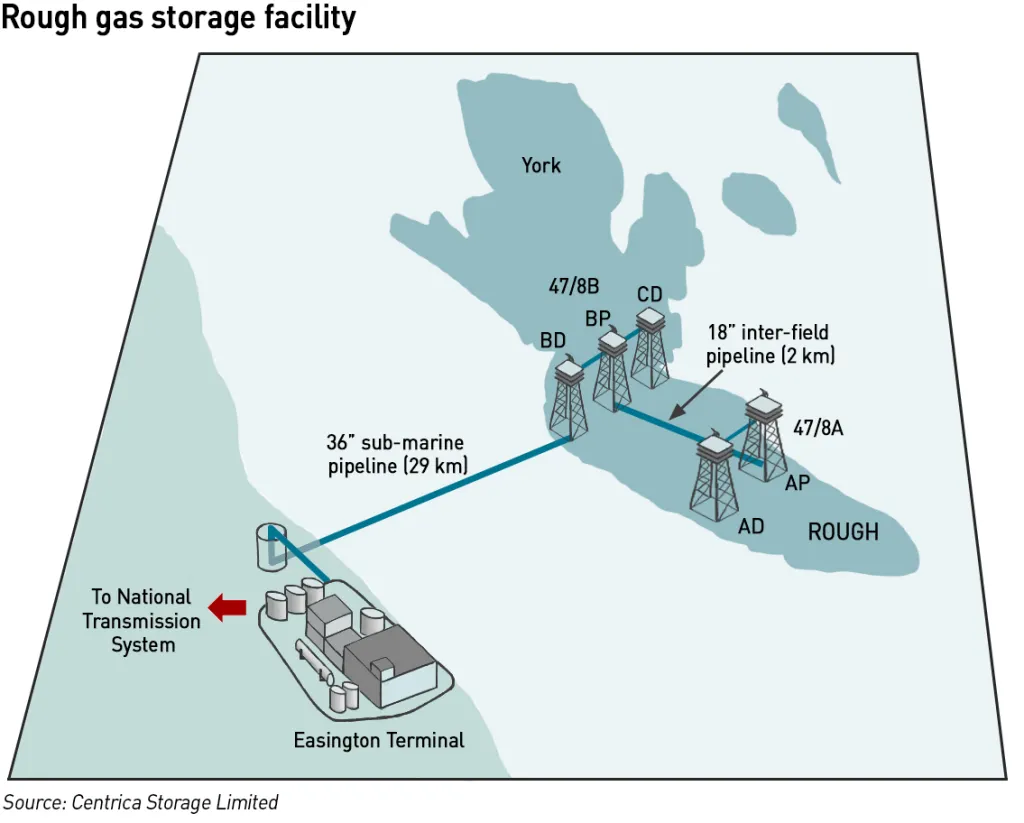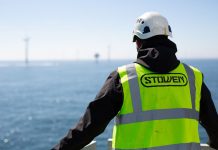Britain’s oil and gas regulator this morning began delivering on the Truss administration’s enthusiasm for hydrocarbons, inviting interest towards its likely authorising of 100 new extraction licences in the North Sea.
The North Sea Transition Authority – previously the Oil and Gas Authority – today published details of nearly 900 exploration blocks, leading to the granting of as many as 100 permits. Applications will close on 23 January, and the body aims to issue its first permits in the current round next June.
The government’s goal is boosting the nation’s energy security, in the light of rocketing gas prices caused initially by the world’s economies recovering from Covid, and worsened by market reaction to the illegal invasion of Ukraine by Vladimir Putin, who turns 70 today.
The current production lag between discovery of any oil-bearing offshore field in British waters and its first output flowing is now as long as five years, the NSTA said.
As a priority, it is directing would-be extractors towards four clusters identified in the southern North Sea. Known to be rich in hydrocarbons, the four are close to existing rigs and pipelines, and have the potential to be developed quickly. The NTSA say it will seek to license these ahead of others.
Rough end of gas storage
Re-licencing Centrica’s Rough sub-sea gas reservoir – pictured -, feeding a terminal at Easington, Yorkshire also features in the NTSA’s announcement, along with encouraging operators to look again at reopening other closed wells.
Previously storing up to 70% of Britain’s gas reserves, Rough was closed by Centrica in 2017 with permission from the Competition & Markets Authority, in consequence of increasing well deterioration, repairable only at prohibitive cost.
In July this year, with soaring wholesale gas prices tightening the screw on Britain’s homes and businesses, CEO Chris O’Shea announced Centrica had budgeted up to £2.2 billion to re-open the facility.
Had Rough been open over last winter, it would have saved every UK household around £100 on energy bills, O’Shea observed.
In 2021, Britain derived around 32 billion cubic metres of gas from national resources, equivalent to just under 40% of national consumption. Similar amounts, both in volumes and proportion, were imported from Norway. The Netherlands and Belgium each contributed under 5%. Russian liquified natural gas amounted to around 5% of 2021 imports.
Today’s new North Sea round will face legal challenges from environmental groups.
Greenpeace UK’s energy transition campaigner Philip Evans said new oil and gas licences would not lower energy bills for struggling families “this winter or any winter soon nor provide energy security in the medium term”.
“New licences — and more importantly more fossil fuels — solve neither of those problems but will make the climate crisis even worse,” Evans told the Financial Times. “They are possibly unlawful and we will be carefully examining opportunities to take action.”
Campaigners claim North Sea licences on average permit 30 years of extraction, thus embedding damaging fossil fuels deeper into Britain’s energy mix.




